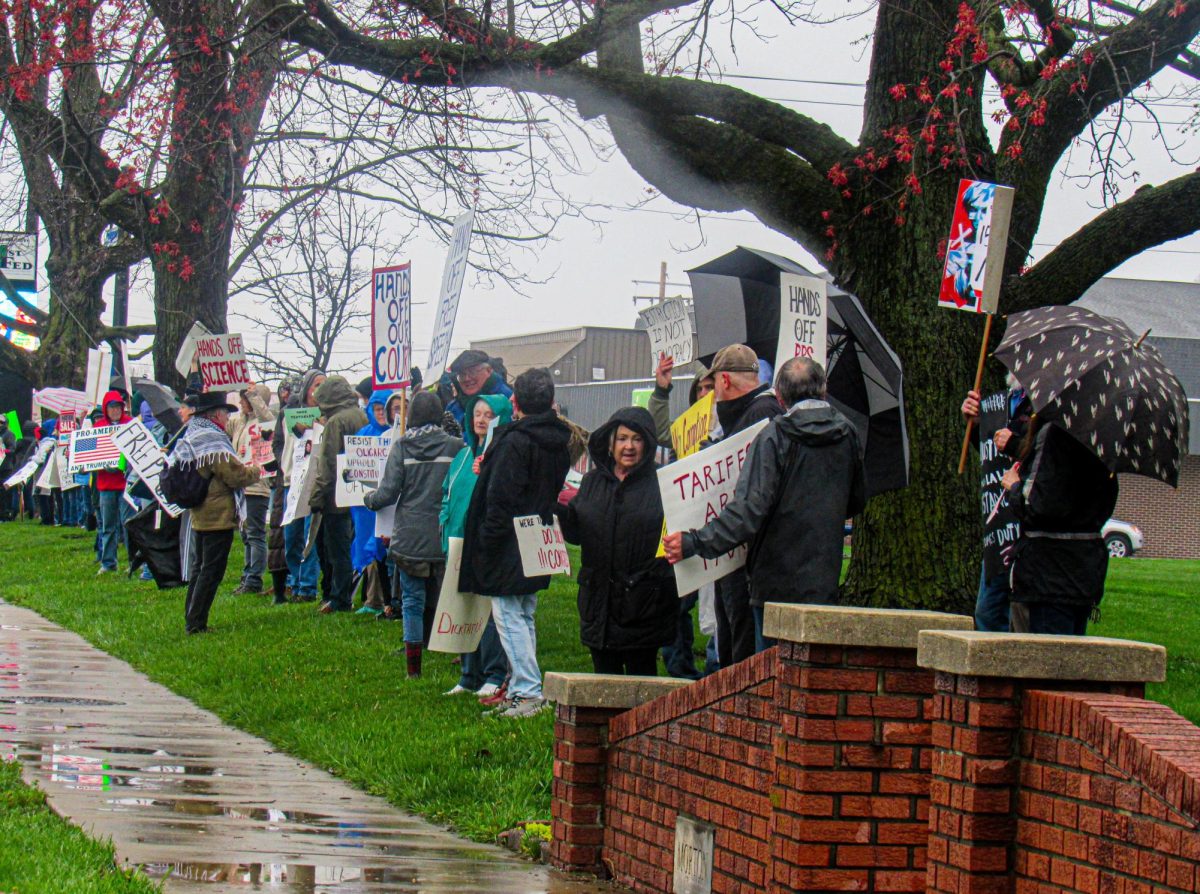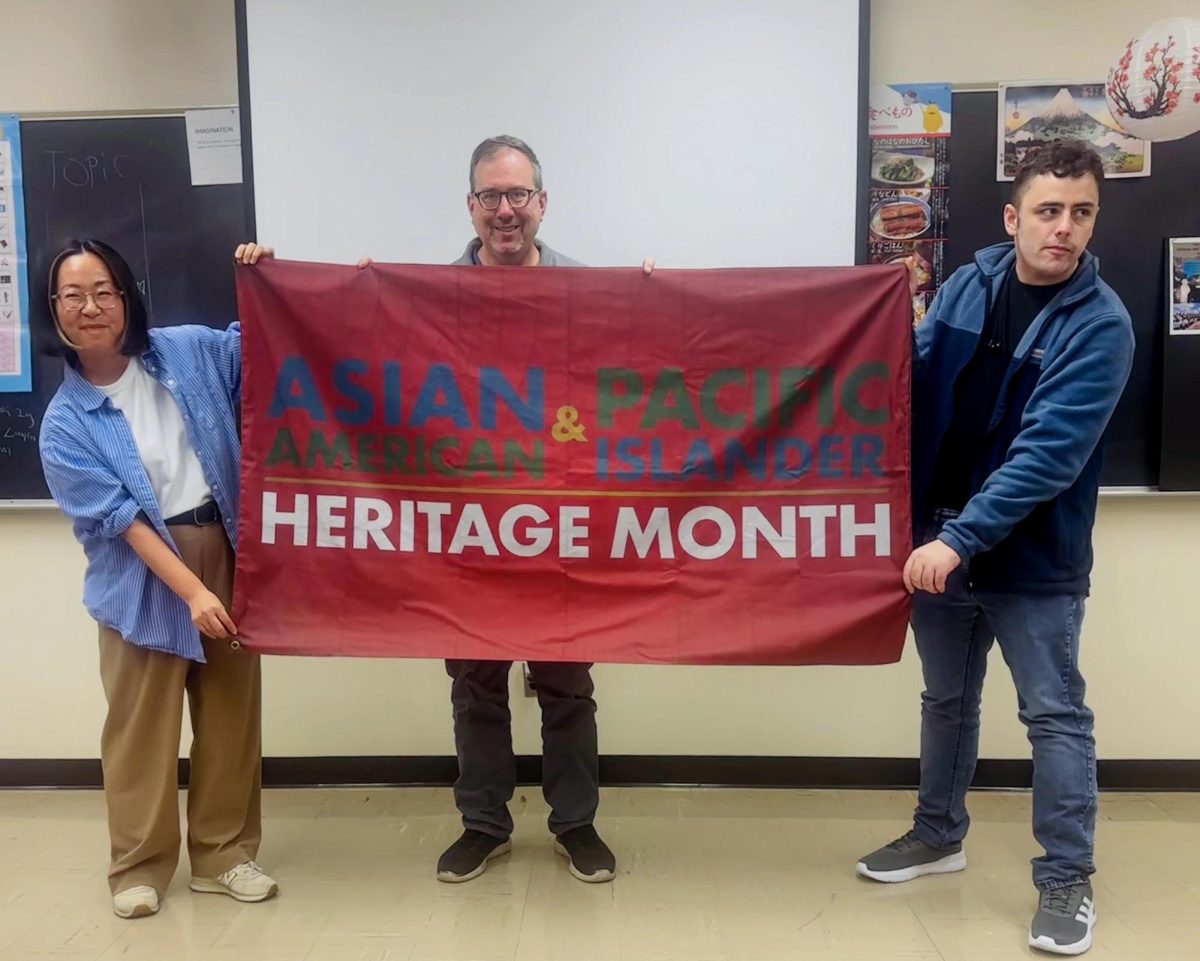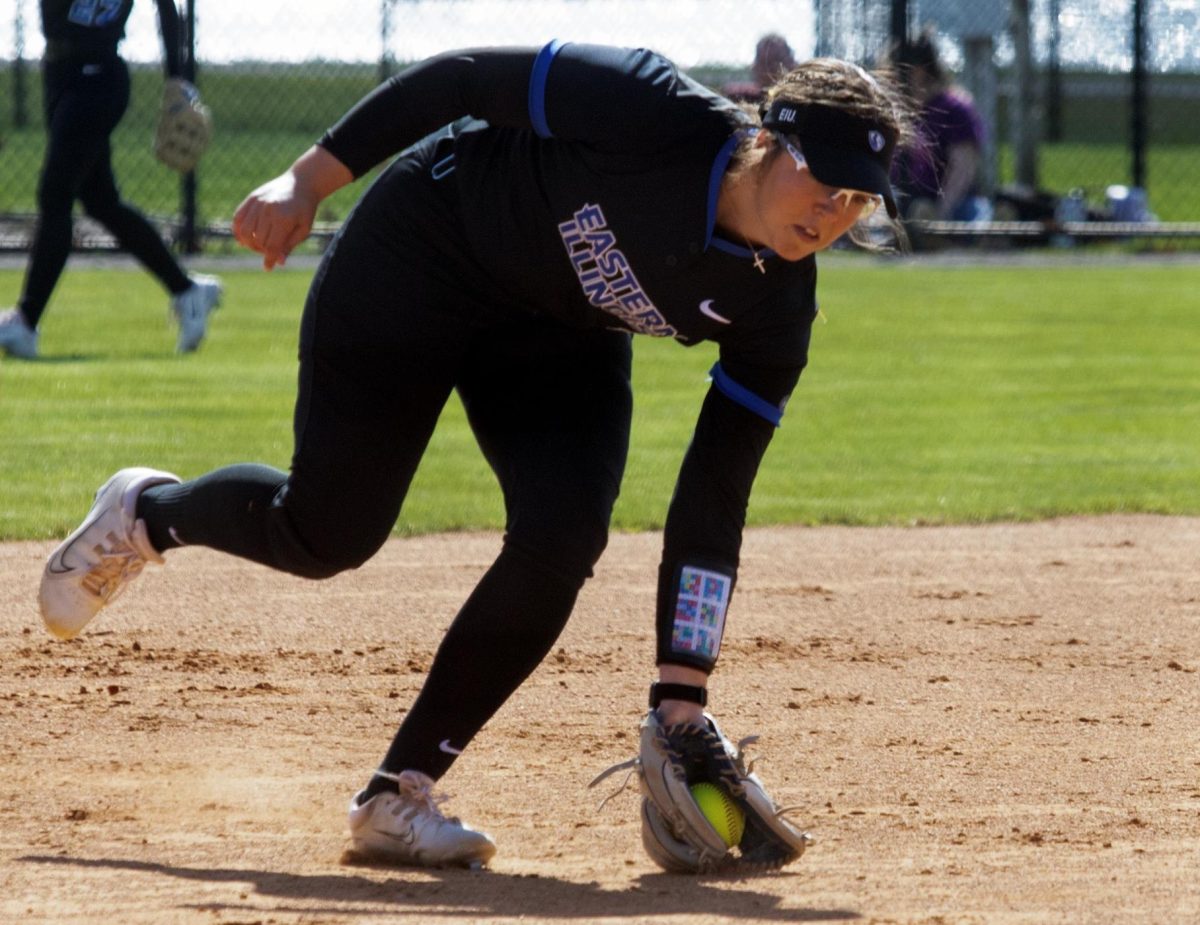Comedy/romance movies aren’t typically my cup of tea, but two things about “Anora” struck me as unique.
And no, it wasn’t the “choreography” but rather the movie achieving the difficult task of making me laugh via outstanding comedy and the outstanding cinematography.
The movie follows Brooklyn, New York, sex worker Ani (Mikey Madison), who becomes close with the son of a Russian oligarch named Ivan (Mark Eydelshteyn). She eventually falls in love with and marries Ivan to prevent his parents from taking him back to Russia.
As far as acting goes, both characters nail their roles perfectly. Madison and Eydelshteyn have an awkward sort of chemistry within their roles that complements the other in memorable ways.
This complementation is achieved due to the different worlds Ani and Ivan live in. Ani comes from a background where working hard makes her paycheck, which contrasts with Ivan’s laziness as everything he has was given to him by his wealthy father.
These two worlds also feature a demographic difference as Ani primarily speaks English while Ivan speaks primarily in Russian. Both characters understand each other and slowly learn how to talk in each other’s language, thus starting the outstanding comedy.
The duo shares laughs with each other constantly as they navigate the other’s foreign lifestyle which inevitably blows up in their faces when Ivan’s parents task Toros (Karren Karagulian), Garnik (Vache Tovmasyan) and Igor (Yura Borisov) with returning Ivan to Russia following his marriage.
After a drawn out discussion about Ivan’s return to Russia, Ivan flees his house in the United States leaving Ani to fend for herself against his parent’s enforcers before eventually making a mutual agreement to work with them to find Ivan.
While these moments are hilarious to watch and are filled with chaotic energy (Garnik getting sick in the car or Toros’ car being towed away), they take too long to get the plot moving forward, leading to scenes feeling unnecessary such as the diner scene where Toros asks patrons if they’ve seen Ivan.
However, this negative is hard to notice due to the movie’s cinematography capturing you, especially in the editing.
The movie features a lot of colors such as red and purple during scenes that take place in clubs which leans into the romance whereas a more sterile grey and black take over in the second half of the movie which allows the audience to lean into the comedy by focusing on characters.
The movie’s editing takes after the chaotic energy of the comedy by being eccentric and high energy as scenes rarely transition smoothly.
Characters in these scenes jump from one chaotic moment to the next fairly quickly, which isn’t always to the movie’s advantage as it causes the ending to be quite abrupt and slightly unfulfilling.
Normally I’d criticize this more, but I think it works here for one reason: symbolism.
The editing symbolizes the effect of being under the influence as your memory becomes foggy. Every time a scene change occurred, I kept thinking to myself that it felt like something was missing.
The things that are missing are typically just characters driving to a new location, but the context of the scenes we do get are typically of characters being under the influence of drugs, alcohol or lust which allows for the scene transitions to get away with being more rough than normal.
“Anora” features a lot of adult themes, but I found myself surprised to see that there was genuine humor between characters and care put into the cinematography, two things I fear are becoming rarer nowadays.
The movie is certainly worth a watch for any audience above adolescence and makes for a great comedy movie night.
Rating: 4/5
Luke Brewer can be reached at 581-2812 or at lsbrewer@eiu.edu.






![[THUMBNAIL EDITION] (From left to right) Head football coach Chris Wilkerson works with his son student assistant coach Peyton Wilkerson at football practice at O'Brien Field on the Eastern Illinois University campus on Thursday.](https://www.dailyeasternnews.com/wp-content/uploads/2025/04/FB_25_O-1-e1744234837107-1200x596.jpg)




![[Thumbnail Edition] Charleston High School sophomore Railyn Cox pitches the ball during Charleston's 8-7 win over Flora High School on Monday, March 31.](https://www.dailyeasternnews.com/wp-content/uploads/2025/04/SBHS_01_O-1-e1743982413843-1200x1023.jpg)



![[Thumbnail Edition] Senior Foward Macy McGlone, getsw the ball and gets the point during the first half of the game aginst Western Illinois University,, Eastern Illinois University Lost to Western Illinois University Thursday March 6 20205, 78-75 EIU lost making it the end of their season](https://www.dailyeasternnews.com/wp-content/uploads/2025/03/WBB_OVC_03_O-1-e1743361637111-1200x614.jpg)




















![[Thumbnail Edition] Eastern Illinois softball senior infielder Briana Gonzalez resetting in the batter's box after a pitch at Williams Field during Eastern’s first game against Southeast Missouri State as Eastern split the games as Eastern lost the first game 3-0 and won the second 8-5 on March 28.](https://www.dailyeasternnews.com/wp-content/uploads/2025/04/SBSEMO_11_O-1-e1743993806746-1200x692.jpg)

















![The Weeklings lead guitarist John Merjave [Left] and guitarist Bob Burger [Right] perform "I Am the Walrus" at The Weeklings Beatles Bash concert in the Dvorak Concert Hall on Saturday.](https://www.dailyeasternnews.com/wp-content/uploads/2025/03/WL_01_O-1200x900.jpg)
















